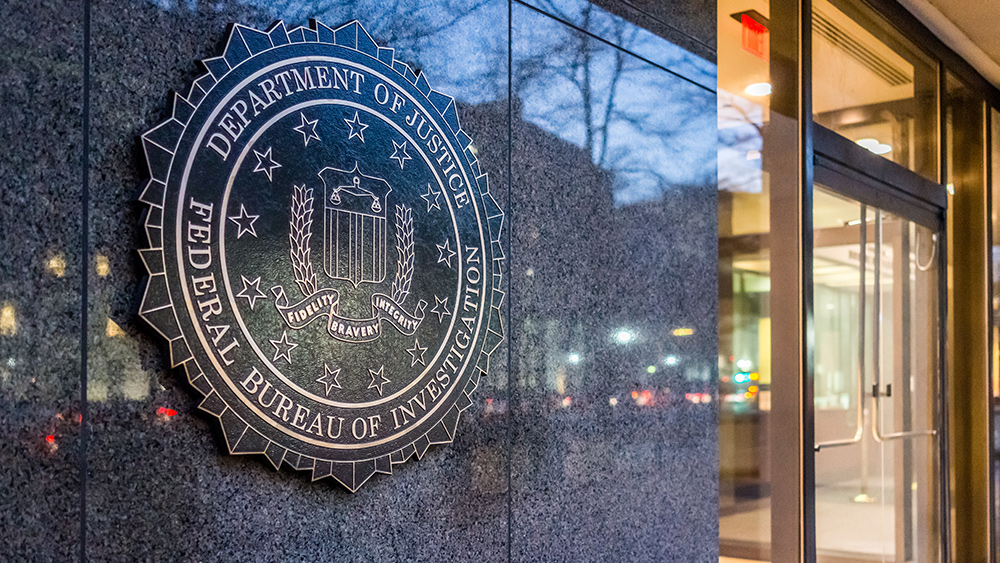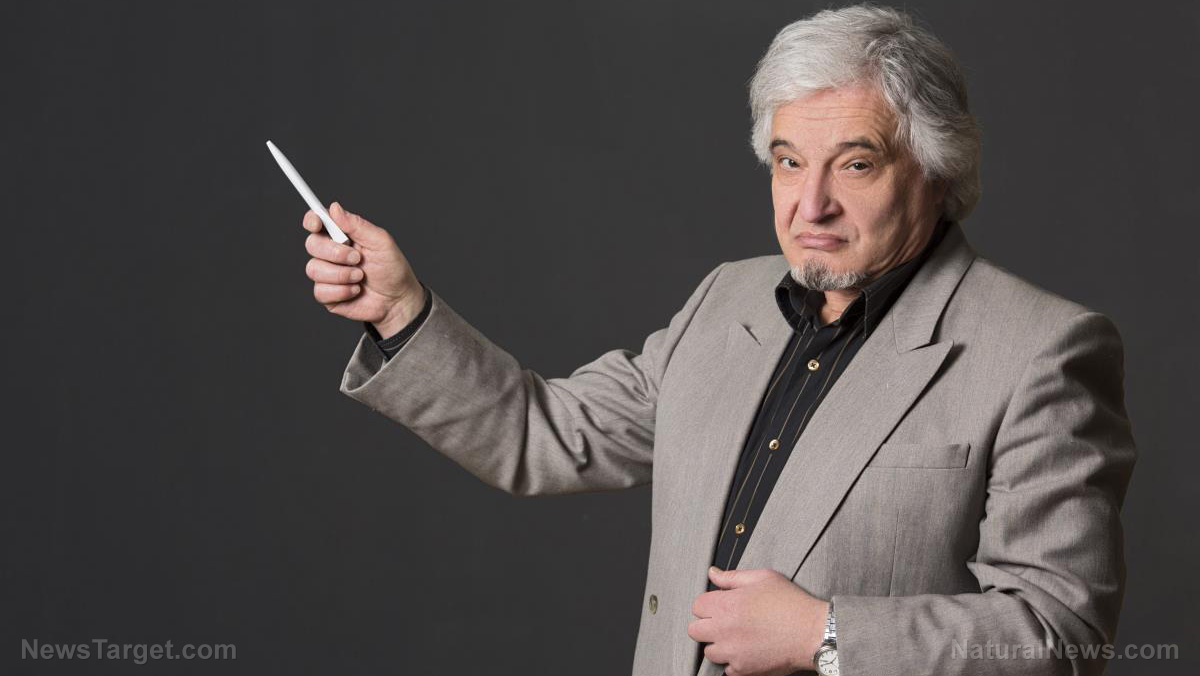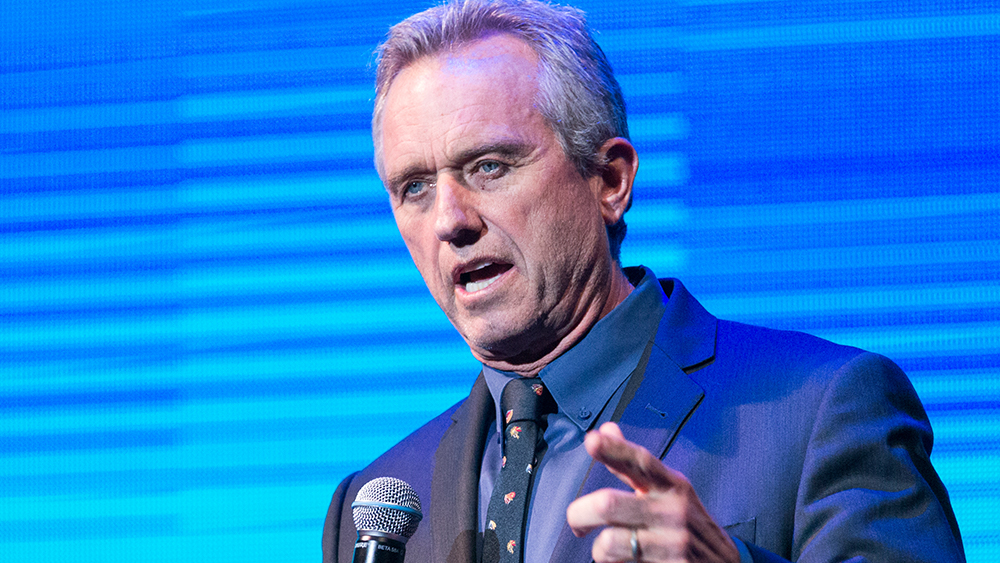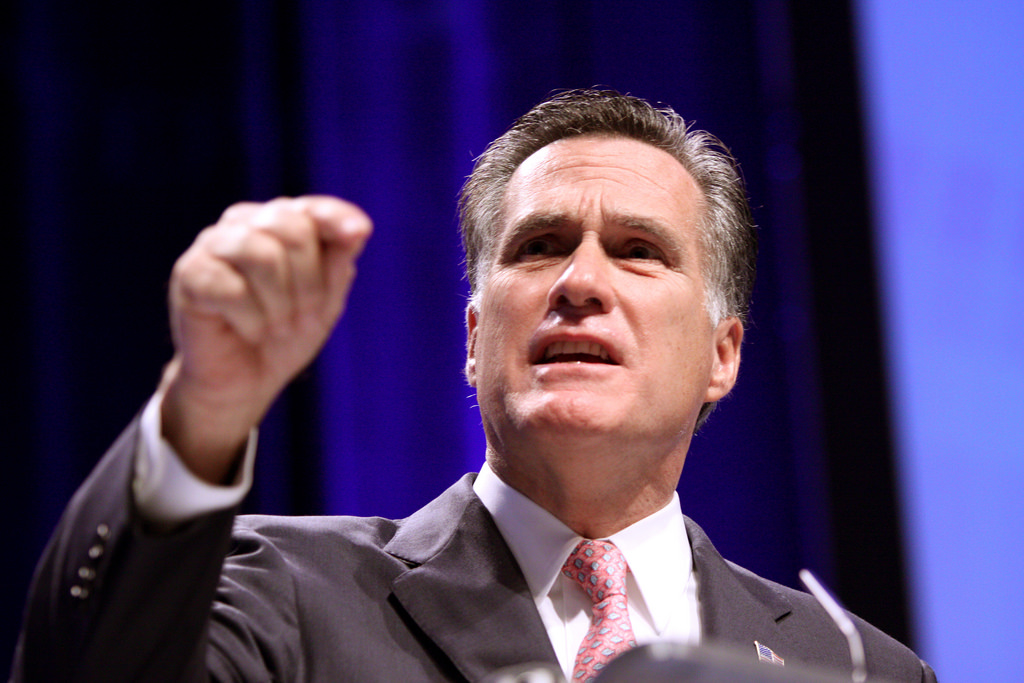Meta abandons free speech principles, adopts globalist thought police guidelines to block speech
05/17/2024 / By Cassie B.
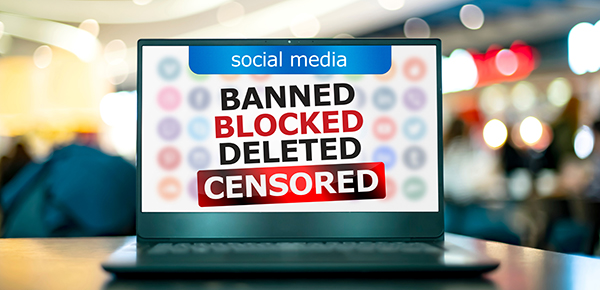
Social media platforms like Facebook have made no secret of their desire to control public narratives, and they’ve now put another nail in the coffin of free speech as they adopt globalist thought police guidelines in yet another attempt to censor users.
This revelation came from a member of the Meta Oversight Board, Kenji Yoshino, who said that they place “international human rights norms” above the First Amendment when assessing matters related to free speech.
Facebook is owned by Meta, but the Meta Oversight Board is an independent entity that is tasked with advising the platform.
“As Meta became more global, it realized what an outlier the United States was, and could not simply default back to U.S. First Amendment jurisprudence. Our baseline here is not the U.S. Constitution and free speech, but rather international human rights norms.”
His comments came during a livestreamed panel discussion hosted by the National Constitution Center about the ways that Meta shapes online content during elections. Yoshino, who also serves as a board member for the left-wing William J. Brennan Center for Justice, said that Meta initially aimed to follow the First Amendment but changed its content policies as its presence became more global.
Another panelist, Michael McConnell, a senior fellow at the Hoover Institution who sits on the Meta Oversight Board with Yoshino, said that it was the First Amendment’s application to private entities that carried greater weight in the decision. Nevertheless, he said that he agrees that social media should be able to censor content, noting: “Even within the United States, private companies are free to not convey speech that they disagree with over their platforms.”
McConnell also admitted that the American government places pressure on media to shape its content.
“We’re talking about governments all over the world — but the United States government is not immune either. But there are times when they are using — misusing — their power over the companies to avert criticism,” he said.
This puts the U.S. government on par with the Chinese Communist Party, who has also pushed Facebook to suppress criticism of its government.
It’s interesting to note that Yoshino used the example of Europe when discussing “striking a balance” between American law and international norms given the fact that most European countries have varying degrees of criminal penalties for hate speech, particularly Germany and France.
Is Facebook censorship ramping up ahead of the elections?
These comments come at a time when people are growing increasingly troubled by the way Facebook censors users in the run-up to the presidential elections in November. Their track record is quite poor and their unforgivable transgressions ahead of the last election are still fresh in many Americans’ minds.
There was the Hunter Biden laptop story published by the New York Post exposing Joe Biden’s involvement with shady dealings; Facebook was happy to censor it at the FBI’s request despite knowing the story was true. Its suppression of the story is widely believed to have shifted the outcome of the election. There are numerous other examples as well, such as censoring individuals who were opposed to Biden’s COVID-19 measures.
Apparently, the First Amendment’s speech protections are too generous for Meta’s tastes, and by choosing to adhere to stricter international “norms,” they have put themselves in a position where they can get away with exerting even greater control over people’s speech and label anything that goes against their best interests “hate speech” so it can be silenced completely.
Sources for this article include:
Submit a correction >>
Tagged Under:
big government, Big Tech, Censorship, Collusion, communism, conspiracy, election interference, Facebook, First Amendment, free speech, freedom, Glitch, globalists, Hate speech, Liberty, meta, speech police, Suppressed, tech giants, technocrats, thought police, Tyranny, White House
This article may contain statements that reflect the opinion of the author
RECENT NEWS & ARTICLES
COPYRIGHT © 2017 THOUGHTPOLICE.NEWS
All content posted on this site is protected under Free Speech. ThoughtPolice.news is not responsible for content written by contributing authors. The information on this site is provided for educational and entertainment purposes only. It is not intended as a substitute for professional advice of any kind. ThoughtPolice.news assumes no responsibility for the use or misuse of this material. All trademarks, registered trademarks and service marks mentioned on this site are the property of their respective owners.




